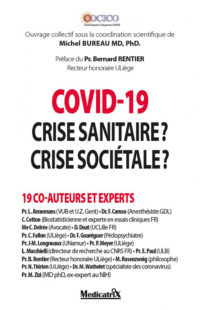Introduction: Recent evidence indicates that the human gut microbiome plays a significant role in health and disease. Dysbiosis, defined as a pathological imbalance in a microbial community, is becoming increasingly appreciated as a ‘central environmental factor’ that is both associated with complex phenotypes and affected by host genetics, diet and antibiotic use. More recently, a link has been established between the dysmetabolism of bile acids (BAs) in the gut to dysbiosis.
Areas covered: BAs, which are transformed by the gut microbiota, have been shown to regulate intestinal homeostasis and are recognized as signaling molecules in a wide range of metabolic processes. This review will examine the connection between BA metabolism as it relates to the gut microbiome and its implication in health and disease.
Expert opinion: A disrupted gut microbiome, including a reduction of bile salt hydrolase (BSH)-active bacteria, can significantly impair the metabolism of BAs and may result in an inability to maintain glucose homeostasis as well as normal cholesterol breakdown and excretion. To better understand the link between dysbiosis, BA dysmetabolism and chronic degenerative disease, large-scale metagenomic sequencing studies, metatranscriptomics, metaproteomics and metabolomics should continue to catalog functional diversity in the gastrointestinal tract of both healthy and diseased populations. Further, BSH-active probiotics should continue to be explored as treatment options to help restore metabolic levels.
January 30, 2014
Mitchell L Jones, MD PhD, Christopher J Martoni PhD, Jorge G Ganapolsky PhD, Alain Labbé PhD et Satya Praksk PhD

















